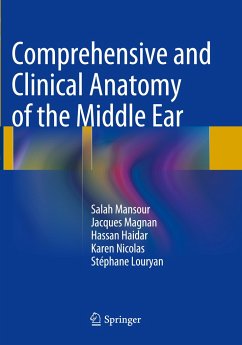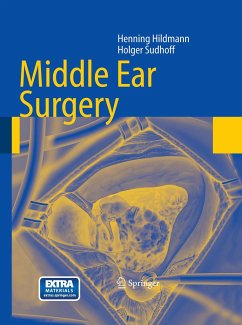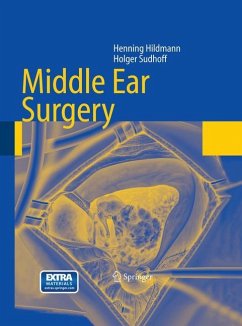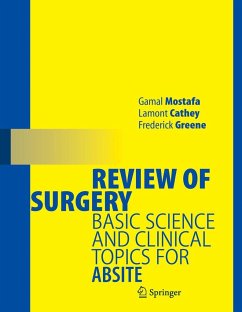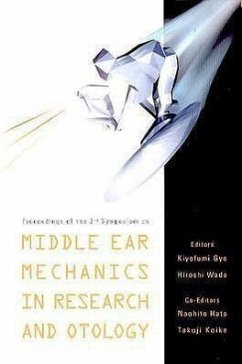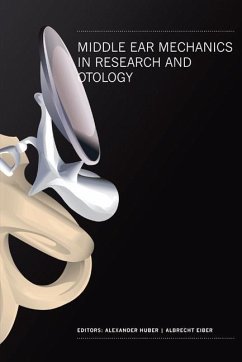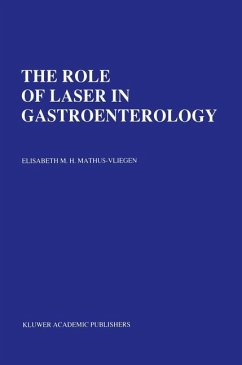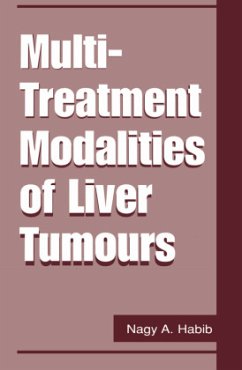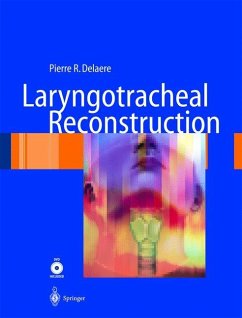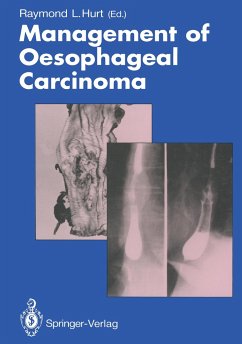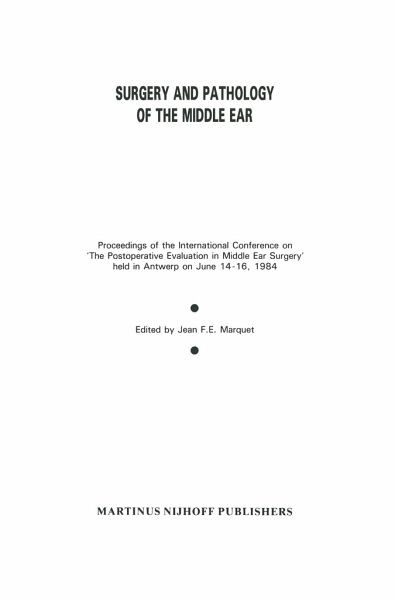
Surgery and Pathology of the Middle Ear
Proceedings of the International Conference on 'The Postoperative Evaluation in Middle Ear Surgery' held in Antwerp on June 14-16, 1984
Herausgegeben: Marquet, Jean F.E.

PAYBACK Punkte
20 °P sammeln!
Dear colleagues, Promotion of the development of ENT is one of the most important tasks of IFOS (International Federation of Otorhinolaryngology). Apart from organizing the World Congresses it supports different international and regional meetings, organizes symposiums on well determined subjects, etc. Since the last World Congress in 1981, in addition to the Danube Symposium in 1982 and the Congress of ENT Societies in Asia Oceania in 1983, an international symposium was organized in Antwerp by the Belgian ENT Society on evaluation problems of middle ear surgery. This is a very controversial ...
Dear colleagues, Promotion of the development of ENT is one of the most important tasks of IFOS (International Federation of Otorhinolaryngology). Apart from organizing the World Congresses it supports different international and regional meetings, organizes symposiums on well determined subjects, etc. Since the last World Congress in 1981, in addition to the Danube Symposium in 1982 and the Congress of ENT Societies in Asia Oceania in 1983, an international symposium was organized in Antwerp by the Belgian ENT Society on evaluation problems of middle ear surgery. This is a very controversial question on which there is no concensus. During a four-day meeting many anatomical and pathological aspects, operative methods, possibilities of the evaluation of the results with computers, were widely discussed. You will find all the lectures presented in this book. I am convinced that these papers will prove to be a good basis for further discussion and hope that finally we shall achieve an international agreement on the evaluation of our results in middle ear surgery. My thanks go to Professor Marquet for organizing the meeting and for publishing the papers. Professor Dr. L. Surjan President of IFOS 10 WELCOME Dear colleagues and especially dear Professor Marquet, In my function as pro-rector of the University of Antwerp I am very proud of welcoming you to the opening of the International Conference on "The Postoperative Evaluation in Middle Ear Surgery". It gives me the opportunity to stress the importance of this congress and to honour Prof. Marquet.





